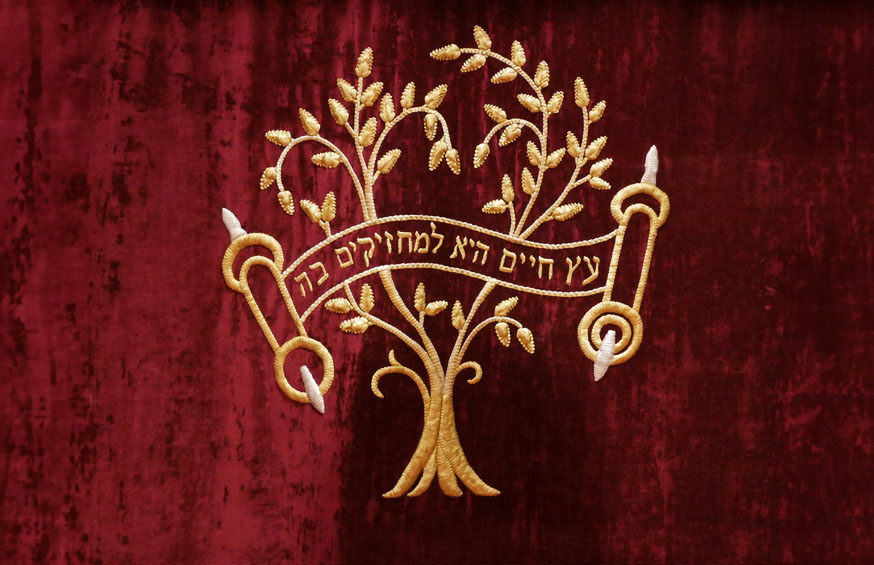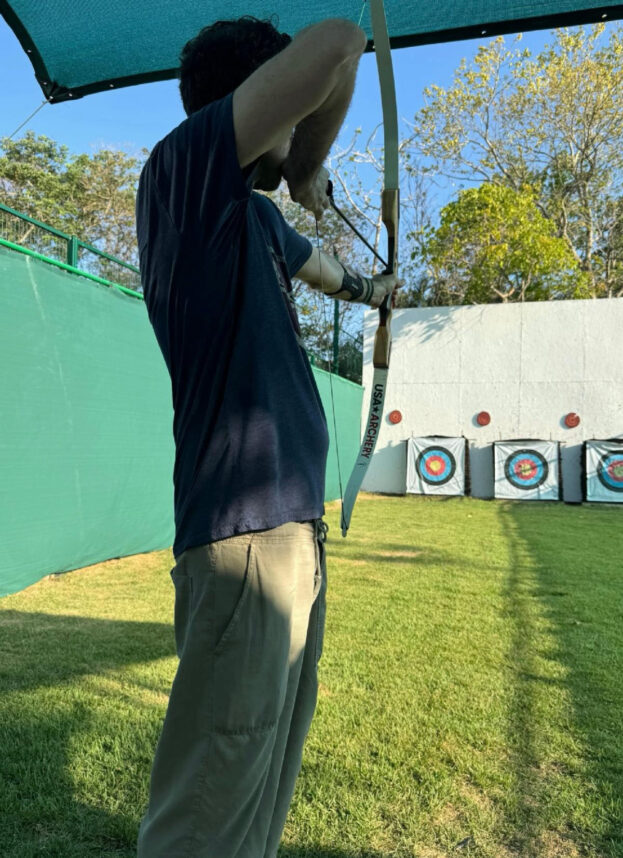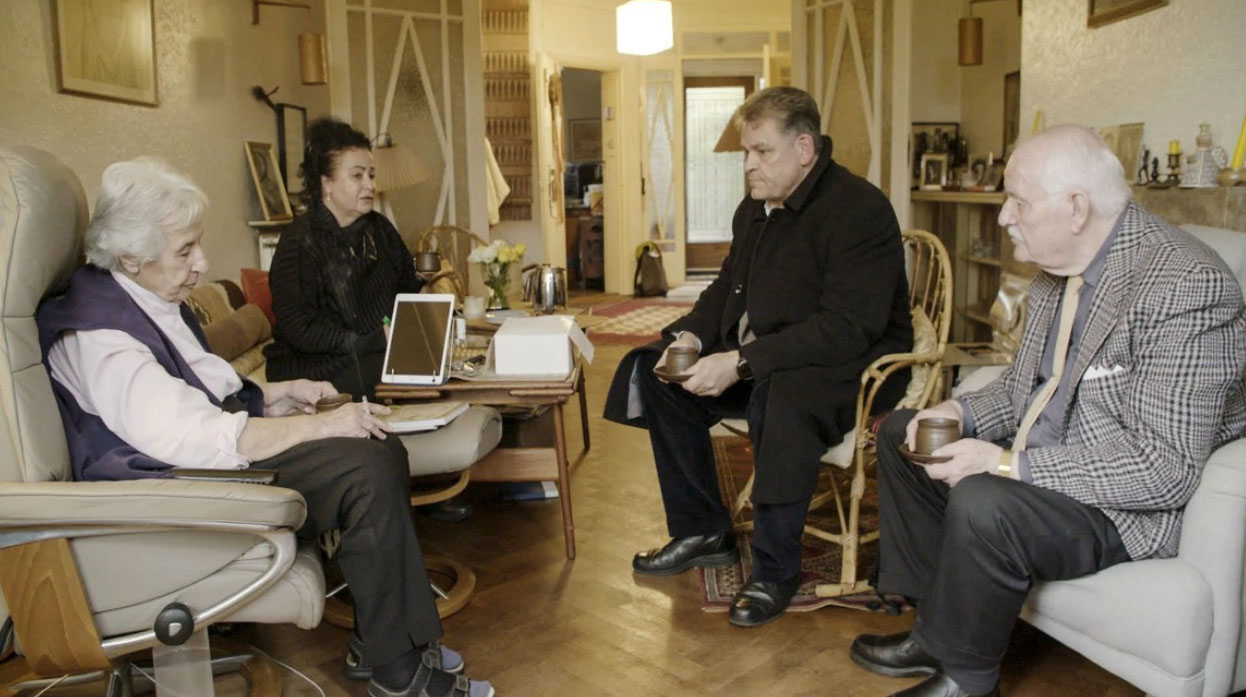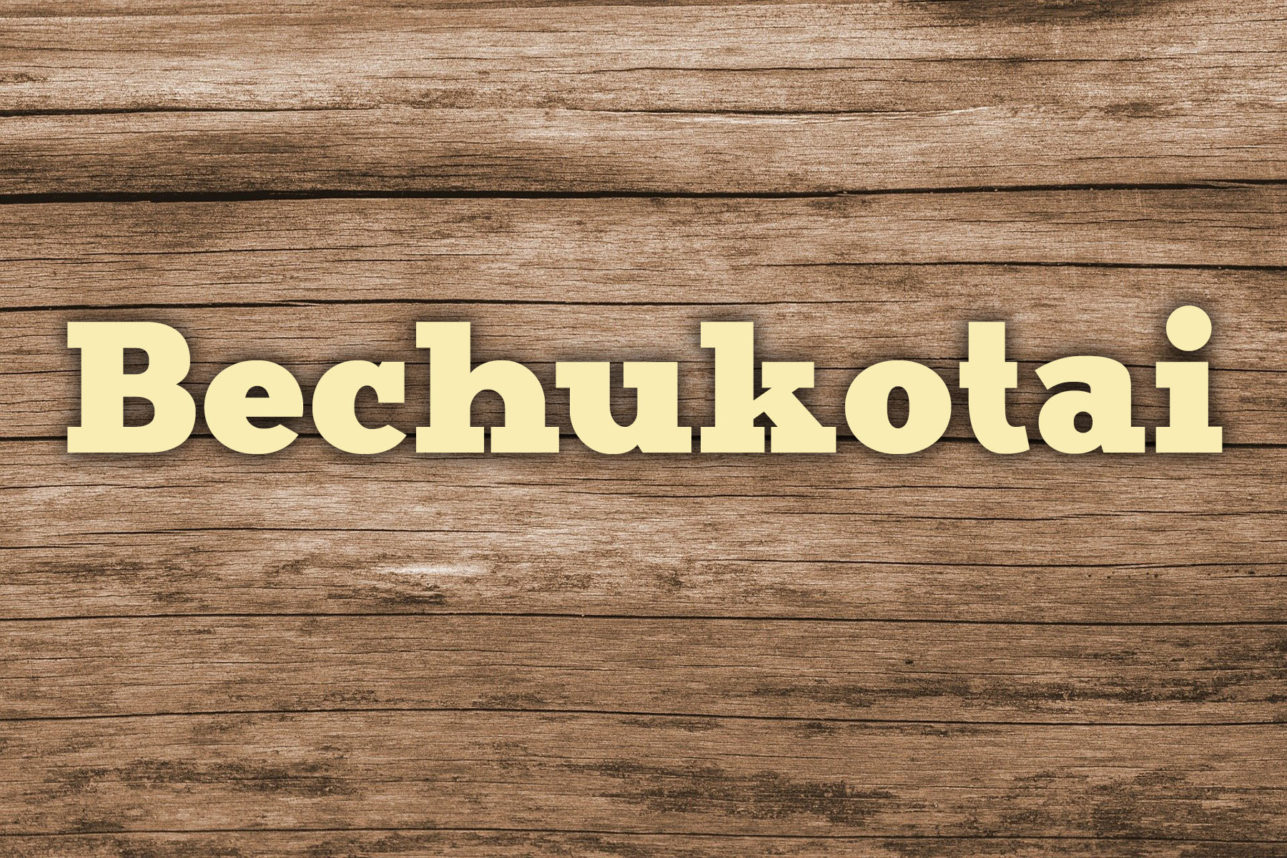In my introductory remarks to the Peter Beinart-David Suissa debate at Temple Israel of Hollywood last Wednesday evening (May 16), I said the following to help give political context to what we would be hearing from each speaker:
In a thoughtful piece published this past week, Professor Shaul Magid of Indiana University, wrote that the response and rancor around Peter Beinart’s book “The Crisis of Zionism” represented four broad groups in the American and Israeli communities – the ideological left and right and the pragmatic left and right. A brief word about each:
Those in the ideological left question the viability of a Jewish state preferring a liberal democratic state in a one-state solution; this means the end of the Jewish State of Israel.
The ideological right includes a combination of Zionist revisionists and theological messianists and understands territorial maximalism (i.e. a Jewish state from the Jordan River to the Mediterranean Sea) as necessary for Jewish survival; this might mean the survival of a Jewish state, but this “Israel” would not be a democracy because the Jewish minority would rule over the Arab majority.
The pragmatic left often uses rhetoric from the ideological left but emphasizes the welfare of the Jewish people and the importance of a Jewish democratic State of Israel. They are concerned that the occupation of the West Bank is compromising Israel’s democracy. Included among these are J Street, Shalom Achshav, B’tzelem, and Peter Beinart.
The pragmatic right uses the rhetoric of liberalism but looks to Jewish history rather than theology and argues that security must be the over-riding priority for the Jewish state in any two-states solution. This group includes AIPAC, The Shalem Center in Jerusalem, the Conference of Presidents of Major Jewish Organizations, and David Suissa.
A few thoughts:
1. The debate was friendly and civil. Each speaker spoke and I asked questions. Peter Beinart answered every question I posed and addressed every claim David Suissa made. Peter’s remarks were factually based, nuanced, pro-Israel, pro-peace, critical of Palestinian terror and mistakes, critical of Israeli policy vis a vis the Palestinians, and pragmatically left.
2. David Suissa’s presentation was emotionally based, rhetorically charged, and avidly pro-Israel. He avoided answering two of my questions but eventually did, the first on the Arab demographic threat to Jewish democratic nationalism in a “greater Israel,” and the second on whether Jerusalem should serve as the capital of both Israel and Palestine in an end-of-conflict peace agreement.
3. I asked both men that if Israel and the Palestinians were unable to agree on a two-states for two-peoples solution, which would they prefer? (1) A single Jewish state over “greater Israel,” or (2) a partitioned land accommodating two states, Israel and Palestine. In #1, Israel’s Jewish character would be preserved but it would lose its democracy. In #2, Israel would be able to retain a Jewish majority and its democracy. Peter affirmed #2. David challenged the premise that Israel holding onto the land it currently controls would mean that there would be an Arab majority. He made this claim by excluding Gaza’s 1.5 million Palestinians from a Palestinian state. The bottom line for David was that he did not accept partition of the land nor a shared Jerusalem as the capital of both Israel and Palestine. Indeed, he seemed not to support two-states for two-peoples. That being the case, I mis-characterized him in my introduction as a part of the “pragmatic right.” Rather, David is likely ideologically right.
4. David claimed that only 1% of the West Bank is populated by Jewish settlements. The actual percentage is far greater because each settlement includes security zones surrounding it, and both the settlement and its respective security zone are part of land controlled by Jewish regional councils. Taking everything together, settlements in fact control 40% of the West Bank. Of that 40%, both B’tzelem and Settlement Watch of Shalom Achshav (two Israeli human rights organizations) claim that one third is owned by private Palestinians. Peter made these points during the debate, but he passed over them quickly and I felt it important to restate them here.
The debate between Peter Beinart and David Suissa reflects the vast difference of opinion and perspective that animates the discussion both within the American Jewish community and in Israel itself on the nature of the conflict and the possible solutions. One of my Israeli friends, a significant leader in the State of Israel, watched the debate and reflected that to solve this problem will require new and original thinking because the status quo is unsustainable for Israel as both a Jewish and a democratic state.
I believe that Peter Beinart’s book The Crisis of Zionism is a must-read for anyone interested in peace, Israel’s security, viability and future.
View the entire debate here.






















 More news and opinions than at a Shabbat dinner, right in your inbox.
More news and opinions than at a Shabbat dinner, right in your inbox.